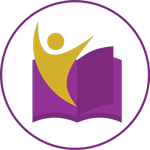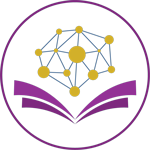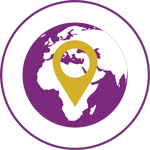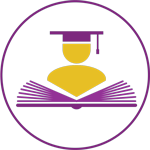International education through both National and United States (US) Curricula
At LWIS, we believe internationalism can be experienced even in schools that follow a national curriculum with predominantly national pupils and staff. While the provision of an international curriculum to a school population may facilitate achieving international standards, we believe that the opportunity to experience internationalism is not cultivated only by the curriculum but rather through the provision of an educational system and environment of international-mindedness.
Hence, as well as providing international education through US curricula, some of our schools follow a national curriculum which we modify and embed into our international-minded community providing these learners with exposure to and knowledge of a dual educational system.
At LWIS-USL, both the Lebanese National Curriculum and the American High School program are on offer; the Lebanese National Curriculum culminating with the Lebanese Baccalaureate Diploma and the American High School Program culminating with the American High School Diploma. LWIS-USL also offers The International Baccalaureate Diploma Programme for grades 11 and 12 learners.
KG 1 to KG 3
Lower Elementary (Grades 1 to 3) & Upper Elementary (Grades 4 to 6)
Grades 7 to 12
IB Diploma Program
A unique approach to academia
Worldwide, technology’s presence is permeating the learning environment. Instructional technologies at LWIS will encourage the development of innovative educational goals, structures, policies and practices while helping redefine education. By providing our learners and staff with interactive “anytime, anywhere” access to quality instruction and the tools that facilitate active and engaged learning, technology at our school will empower learners to take control of, and take responsibility for their learning. The result will be the improved efficiency and effectiveness of teaching and learning and the use of computers as an aid in all subjects and grade levels.
Our school offers a wide range of innovative programs that cater for a range of interests and abilities. In other words, learning in each subject will be enhanced with the integration of technology. Each learner has access to the school’s resources that include but is not limited to specific programs, web sites and various e-resources in every course of study with the aim of making it part of their learning process. LWIS learners will not only learn about technology itself but rather will learn with technology. Hence, 21st century skills will be introduced and learners will use collaborative tools that support higher-level thinking skills where students analyze, evaluate and innovate.

Critical and Creative Thinking

Communication

Technological Integration

Personal and Social Values

Glocal Awareness and Understanding

Environmental Awareness

